Keywords: Progressive
There are more than 200 results, only the first 200 are displayed here.
-
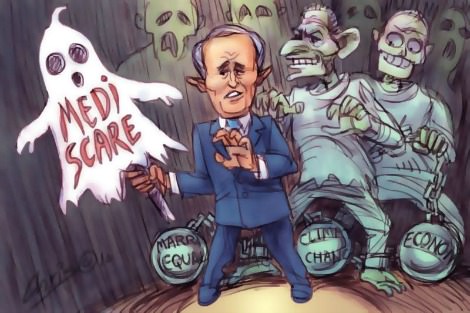
AUSTRALIA
- John Warhurst
- 03 October 2016
5 Comments
The main message of the 2016 election review delivered recently at the National Press Club by Tony Nutt, the federal director of the Liberal Party, was that Turnbull only failed to have a convincing victory because of the 'Mediscare' by the Labor Party. It is a message that deflects attention from the current and past weaknesses of the government and the prime minister. It is like a football coach who after a loss or a narrow win blames his team's performance on the dirty tactics of the opposition.
READ MORE 
-
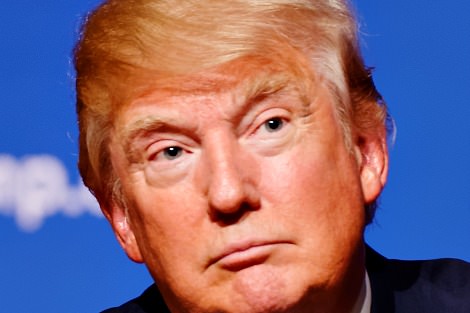
ENVIRONMENT
- Greg Foyster
- 03 August 2016
6 Comments
The neoliberal right is losing political power to the populist right, which isn't filled with the same ideological zeal for free-market capitalism. Suddenly debates can expand beyond the narrow confines of economic growth. Moral and social arguments won't be relegated to the intellectual fringes anymore. Mainstream parties of the left and right, both of which bought into the neoliberal agenda, will have to break their bipartisan dismissal of discontent with the side effects of globalisation.
READ MORE 
-
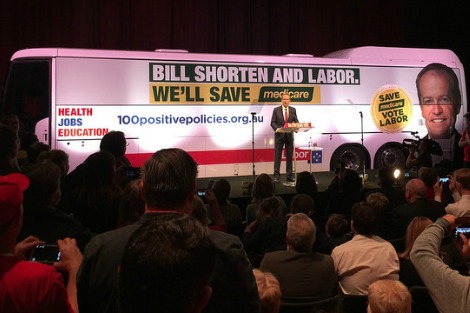
AUSTRALIA
- John Warhurst
- 05 July 2016
8 Comments
Turnbull's most pressing decision if he is returned will be what to do with Abbott, whether to bring him back into the ministry or leave him on the backbench with the promise of a future diplomatic posting. He will need to renegotiate the Coalition agreement with the Nationals from a position of weakness and in the context of both these decisions begin to think about what to do with the big issues of climate change, asylum seekers aand same sex marriage. He must not just gird his loins for many tough battles but recognise that the battlelines have been re-set to his disadvantage.
READ MORE 
-
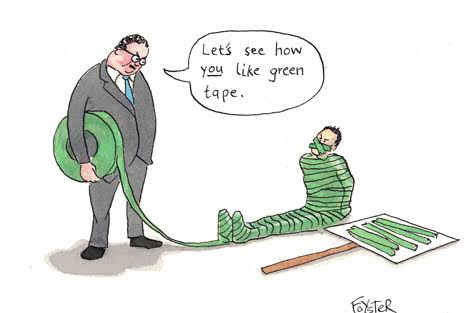
ENVIRONMENT
- Greg Foyster
- 01 July 2016
13 Comments
By the time polls close Saturday, tens of thousands of voters in marginal seats will have received 'election scorecards' from environment groups. Almost all will rate the Liberal Party worse than Labor or the Greens on a range of issues, from protecting the Great Barrier Reef to encouraging investment in clean energy. Privately, some Liberal candidates will be seething - and, if the Coalition wins, they'll have the means for brutal revenge.
READ MORE 
-
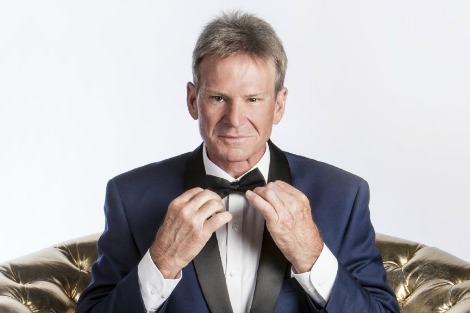
AUSTRALIA
- Jeff Sparrow
- 30 June 2016
8 Comments
Last week Sam Newman said he'd been approached to run for mayor in Melbourne on a 'Donald Trump-like anti-political correctness platform'. The announcement raised an interesting question: where's the Trump, or Sanders for that matter, in the Australian election? Richard Di Natale has articulated a vision of the Greens as 'the natural home of progressive mainstream Australian voters', yet we might equally say that he embraced politics-as-usual just as politics-as-unusual began to manifest everywhere.
READ MORE 
-

AUSTRALIA
- Tim Woodruff
- 24 June 2016
6 Comments
My patients who earn $36,000 a year pay $36 for most prescriptions. My patients who earn $360,000 pay the same, and those on $3 billion pay the same. Usually, these prescriptions are for conditions which can't be avoided - it's just bad luck. This government imposed co-payment is a tax on illness. It is not noticed by those on $360,000 but for those struggling on $36,000, it does affect their small disposable incomes. It is a regressive tax, and its effect on patient behaviour is well documented.
READ MORE 
-
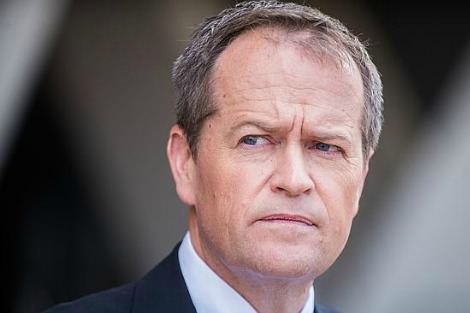
AUSTRALIA
- J. R. Hennessy
- 30 May 2016
4 Comments
Labor has built a small poll lead over the Coalition as led by the eminently more marketable Malcolm Turnbull, and in this case the commentariat are willing to give Shorten and Labor the credit. They're the ones controlling the policy conversation and setting the agenda, and it feels like the government are just responding in turn. Who is this Bill Shorten? This is someone who even a few months ago would be largely inconceivable in the top job, but now seems at the very least plausible.
READ MORE 
-

ENVIRONMENT
Many people have hoped that when global warming manifested itself as a concrete threat, politicians would be forced into action. Yet it's becoming horrifyingly clear that the political class is quite willing to let the Great Barrier Reef, one of the natural wonders of the world, slowly die. If we want to save the reef, we're going to have to do it ourselves. The Franklin dam blockade of 1982-1983 transformed the political climate and preserved an iconic river. We need to recapture that energy.
READ MORE 
-
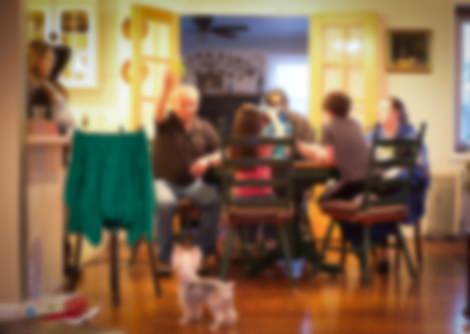
RELIGION
- Andrew Hamilton
- 19 May 2016
13 Comments
The bishops speak less trenchantly than Pope Francis, who criticises sharply the assumptions and practices of neoliberal economics. But in the context of this election, they add their voice to that of those who are concerned about economic assumptions that enrich the few and exempt corporations and business from social responsibility. Their statement will encourage those who see the now notorious behaviour of banks, finance business and corporations as symptomatic of a vicious economic ideology.
READ MORE 
-
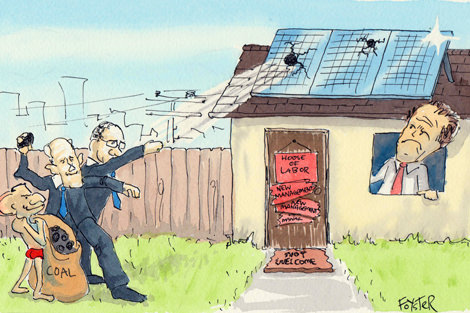
ENVIRONMENT
It was as if Australian politics had regressed four years overnight. No sooner had Labor released its new climate change plan than the Coalition was resuscitating Tony Abbott's 'carbon tax' line. The Coalition's attempt to revive the defining debate of the 2013 federal election won't work. As other commentators have noted, Labor's plan has been carefully crafted to avoid the carbon tax sledge. More importantly, external factors have changed to make a scare campaign less potent.
READ MORE 
-
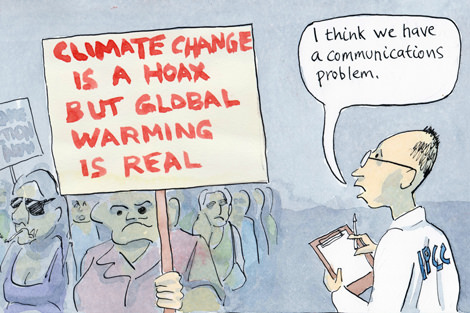
ENVIRONMENT
- Greg Foyster
- 11 March 2016
3 Comments
The best known examples of framing come from American cognitive linguist George Lakoff. He argues that George W. Bush replaced the phrase 'tax cuts' with 'tax relief' to reframe paying tax as an affliction. Embedded in those two words is a neo-conservative worldview against government intervention in the private sphere. If you accept the term, you absorb the worldview. In a similar way, a few words could build political will to tackle climate change. The problem is no one is sure what they are.
READ MORE 
-
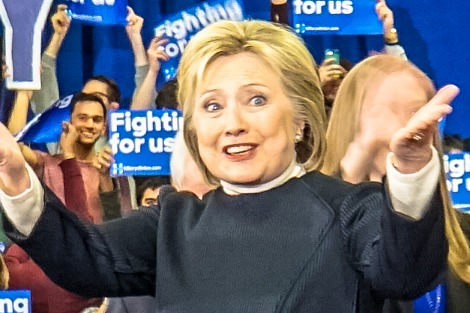
INTERNATIONAL
- Megan Graham
- 11 March 2016
11 Comments
Even if his views and rhetoric are radical, everything else about Sanders is so within our comfort zones that they become more palatable. It's difficult for any progressive to get into power without aligning with powerful groups, whether they be politics, class, culture or gender-based. And Clinton is already disqualified from a club with arguably the most stubborn membership of all - the 'boys club'. For any feminist, it's hard to view the installation of the first female president as anything but progressive.
READ MORE 